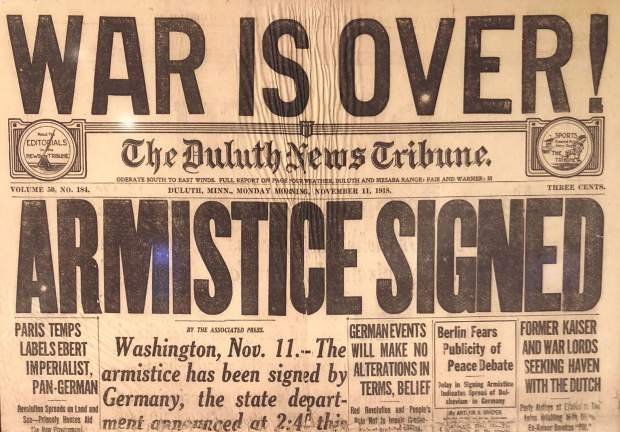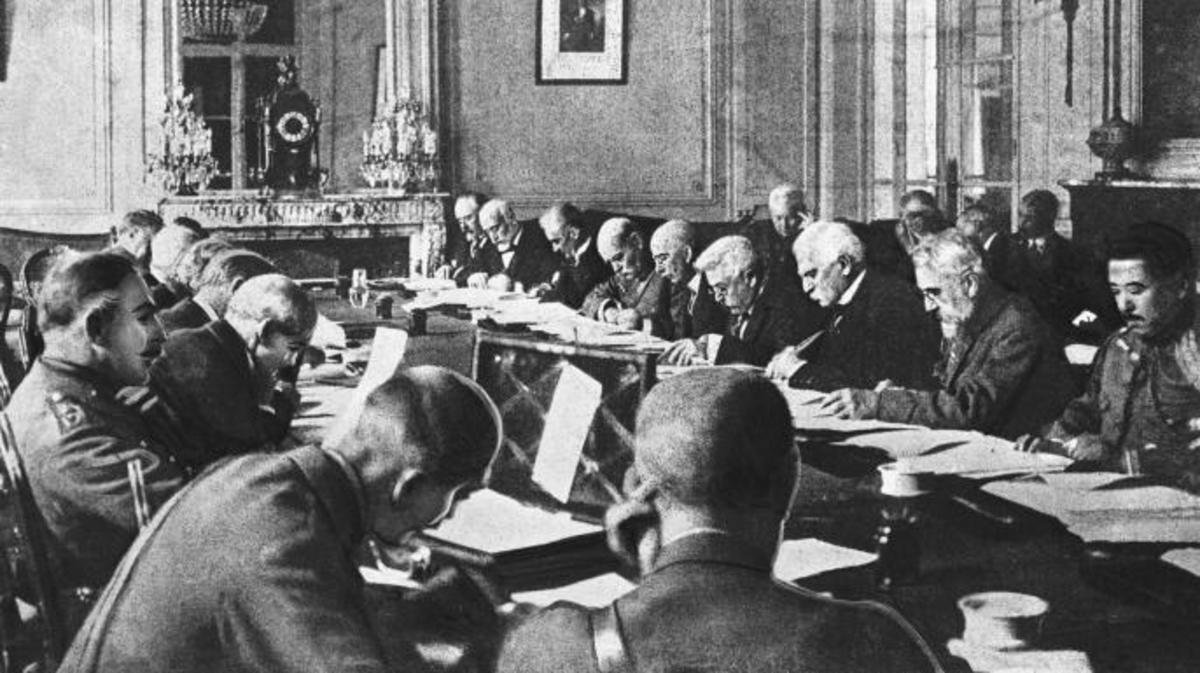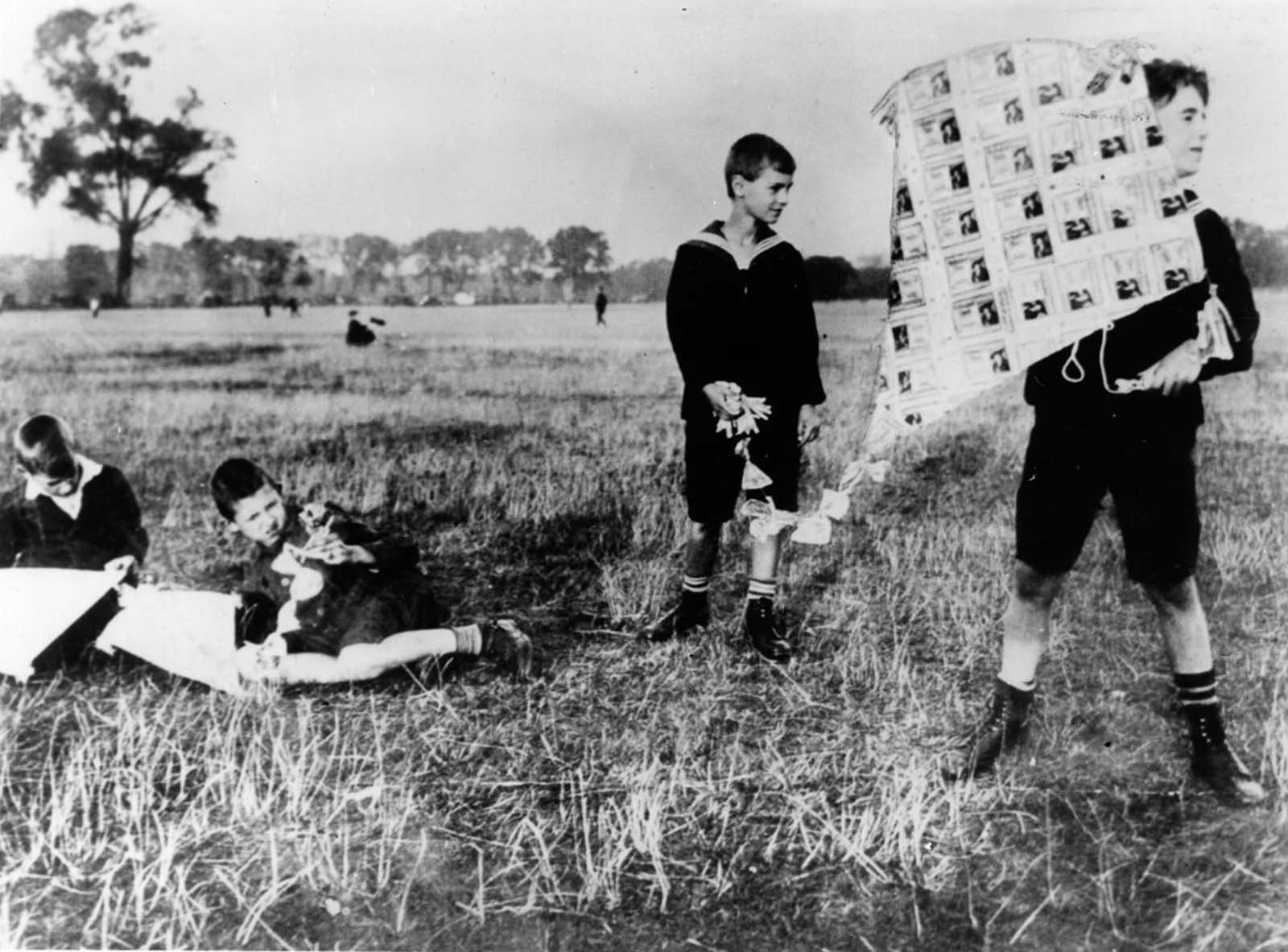I wanted to show some of the economic causes of World War II. It wasn't just Hitler and Tojo being bad. There were other causes as well.This will demonstrate the economic problems between China and the world now in some ways toobegin quote from:https://www.sutori.com/story/the-economic-causes-leading-up-to-world-war-ii--y2qh9rsU291Sh4K9FXV24Dp5The Economic Causes Leading up to World War II
The deadliest war in the history of mankind was started because of financial issues in Germany. Sure, there were factors besides money, but Germany had a lot to gain by starting the Great War. In fact, there were quite a few economic causes of World War II. One of these causes was the worldwide economic depression, that hit Germany the hardest. Another cause was the Treaty of Versailles, signed at the end of WWI, which punished Germany for their actions in the war. A third economic reason for World War II was the land and wealth Germany stood to gain by invading surrounding countries. Germany even caused a lot of preventable economic problems themselves. These factors are the initial sparks that ignited the deadliest war in human history. Despite the political issues present during the 30s, economic factors, more than political factors, started the war.
November 11, 1918: The End of WWI
The end of World War I left Europe in economic shambles. The worst effected country, Germany, had also lost the war, and was in no position to be helped back up on their feet by the rest of Europe.

June 28, 1919: Treaty of Versailles is Signed
After the Central Powers lost to the Allied Powers in World War I, the world felt that they needed to find a way to punish Germany for its war crimes. In 1919, the Allied Powers came together in Paris, France to write the Treaty of Versailles. This treaty would be used to crack down on Germany. France, America, and Great Britain were the main negotiators in the deal with the Germans. (16) They decided that Germany would have to pay war reparations to these countries and that there would be heavy tariffs on all their imports and exports.
Did you know?
Germany was supposed to pay 132 billion Marks in reparations under the Treaty of Versailles, but in actuality they were only forced to pay 50 billion because France felt bad about Germany's economic situation after World War I.

1920-1923: German Hyperinflation
Germany ended their gold standard during World War I to help pay for the cost of the war. This meant that their money was no longer backed by gold, and instead relied on the government to back its value by controlling the rate at which it was printed. Germany overprinted their currency, the Mark, and caused hyperinflation to the point of catastrophe. the
Quiz
How much was the German Mark worth at peak hyperinflation, compared to the American Dollar?
- 3 million Marks to 1 Dollar
- 4.2 trillion Marks to 1 Dollar

September 1, 1939: Germany Invades Poland
Just 20 years after they had lost the last World War, Germany started the next one. Part of why Germany was so aggressive was the recent rise of the National Socialist Party, or Nazi Party for short. The Nazi Party was led by a man named Adolf Hitler, who took over as dictator of Germany, and gained control of their military. Hitler resented the allies for how the Germans were treated after World War I, and believed that the land they were invading was rightfully German. Hitler, through propaganda and promises that the war would improve Germany’s economy, was able to convince the German population to elect him as their Fuhrer. When Germany invaded Poland, Great Britain and France both declared war on the aggressive country, officially starting the worst war in human history. Germany took control of Poland’s economy and resources to boost their military power. When that wasn’t enough, Germany invaded their resource rich allies, Russia, and also invaded small countries like Denmark, Norway and Belgium. The invasion of Russia proved to be too much for Germany to handle, and partially led to their 1945 loss to the Allied Powers.
Gordon, Robert J. “Did Economics Cause World War II?” NBER, NBER, 11 Dec. 2008, www.nber.org/papers/w14560
Eisenhower, John. “Europe After World War I: November 1918-August 1931.” HowStuffWorks, HowStuffWorks, 13 Sept. 2007, history.howstuffworks.com/historical-events/europe-after-world-war-14.htm
Amadeo, Kimberly. “Great Depression Timeline.” The Balance Small Business, The Balance, 10 Jan. 2019, www.thebalance.com/great-depression-timeline-1929-1941-4048064


No comments:
Post a Comment